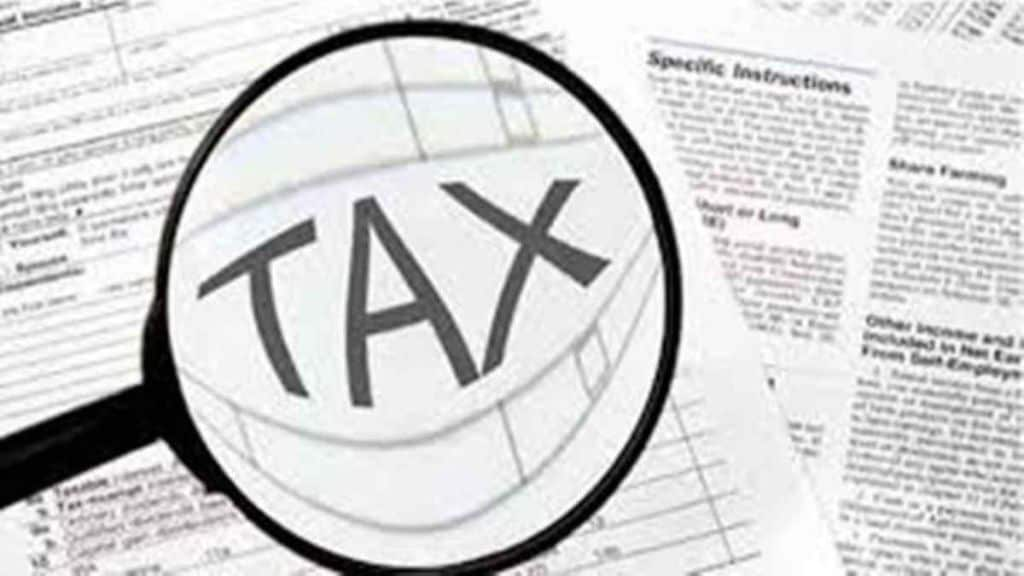To prevent the deferral of taxes through undervaluation of inventory, the income tax department has come out with a draft form for various categories of businesses to report the valuation of their inventories, including equity and debt securities, livestock or other raw materials, by a cost accountant on the order of a tax officer.
In order to protect revenue’s interest and to prevent the deferral of taxes through undervaluation of inventory, a tax officer has been empowered from this year to order for inventory valuation from a cost accountant at any stage of the proceedings pending before her having regard to the nature and complexity of the accounts, volume of the accounts, doubts about the correctness of the accounts, multiplicity of transactions in the accounts or specialised nature of business activity.
The department has released a draft Form 6C for public comments in which inventory valuation must be reported.
“The form is quite exhaustive and could potentially overlap with existing inventory reporting obligations because of the presence of multiple experts looking at the same data,” Vishwas Panjiar, Partner, Nangia Andersen LLP, said.
For instance, the manner of computing Net Realisable Value for an inventory is subjective and may be different for a tax auditor vis-à-vis a cost accountant.
Also, the assessing officer may not have the necessary skills to appreciate the difference in methodology adopted by the tax auditor vis-à-vis a cost accountant in inventory valuation specially in case of complex and unique businesses.
“Further, assuming a situation where there is a deviation between value of inventory which the tax officer adjusts in the current Assessment Year, the revised cost base should be available in future years, however, there is no guidance within the law to grant this consequent benefit to the assessee in the next year,” Panjiar said.


